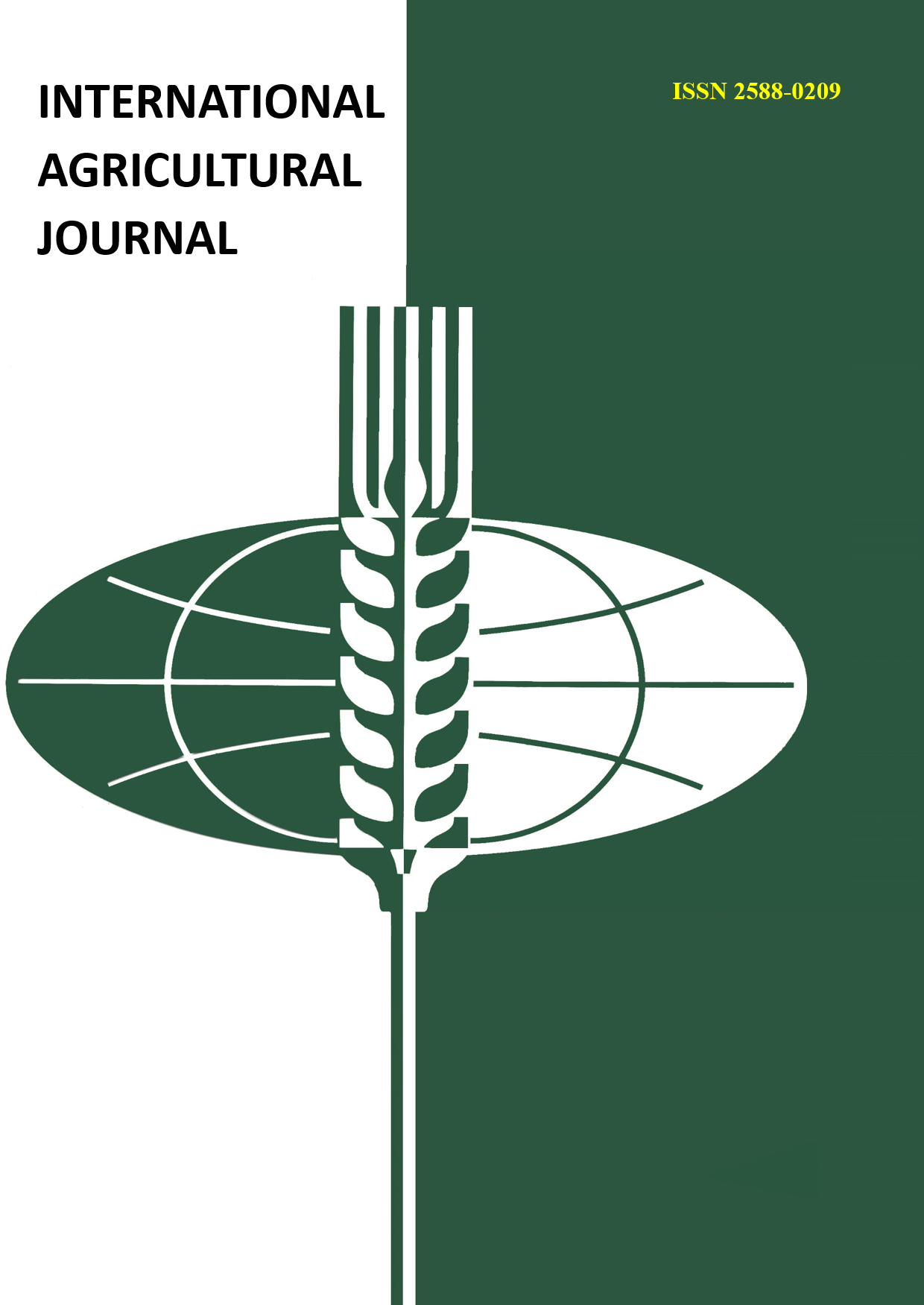Russian Federation
Russian Federation
Russian Federation
Russian Federation
The most important task in agriculture of the Russian Federation is the production of high-quality seed material. An increase in the production of soybean seeds is possible primarily due to an increase in the yield and quality of grain, which is ensured by compliance with cultivation technology, an important component of which is the protection of soybeans from diseases. The studies were conducted over three years from 2018 to 2020 on carbonate chernozem, in the zone of unstable moisture under irrigation conditions, at Agrosakhar LLC. The purpose of the studies was to identify the effect of the complex use of modern fungicidal seed dressings and a bacterial preparation on the nitrogen-fixing activity of crops and the productivity of soybeans under irrigation conditions. The following fungicidal seed treatment agents were studied: Maxim, KS, 2.0 l/t; Delit Pro, KS, 0.5 l/t; Protect, KS, 2.0 l/t and the bacterial preparation Rizotorfin, strain 626a, 3 kg/ha. It was established that the least toxic effect on bacteria of the genus Rizobium was exerted by the fungicide seed treatment Maxim, KS; when treating seeds with Maxim, KS and Rizotorfin 626a in combination, the largest number and weight of nodules were formed on the plant roots in the bean formation phase – 32.3 pcs/plant and 0.29 g/plant, which is 57.5 and 94.7% more compared to the control without treatment. Fungicidal treatment with Delit Pro followed by seed inoculation with Rizotorfin 626a – 3.29 t/ha contributed to an increase in yield by 0.89 t/ha compared to the control.
soya, oroshenie, rizotorfin, protravitel' semyan, kluben'ki, struktura urozhaya, urozhaynost'














